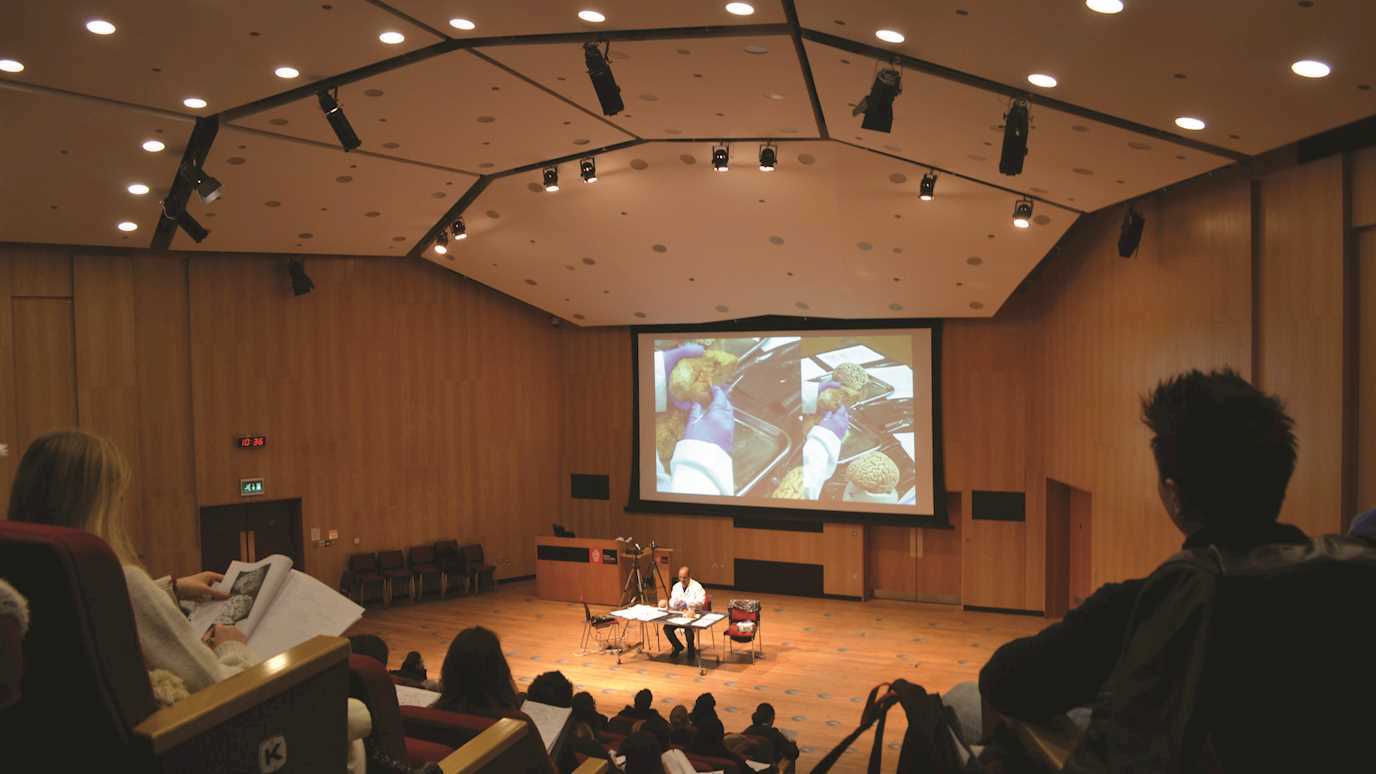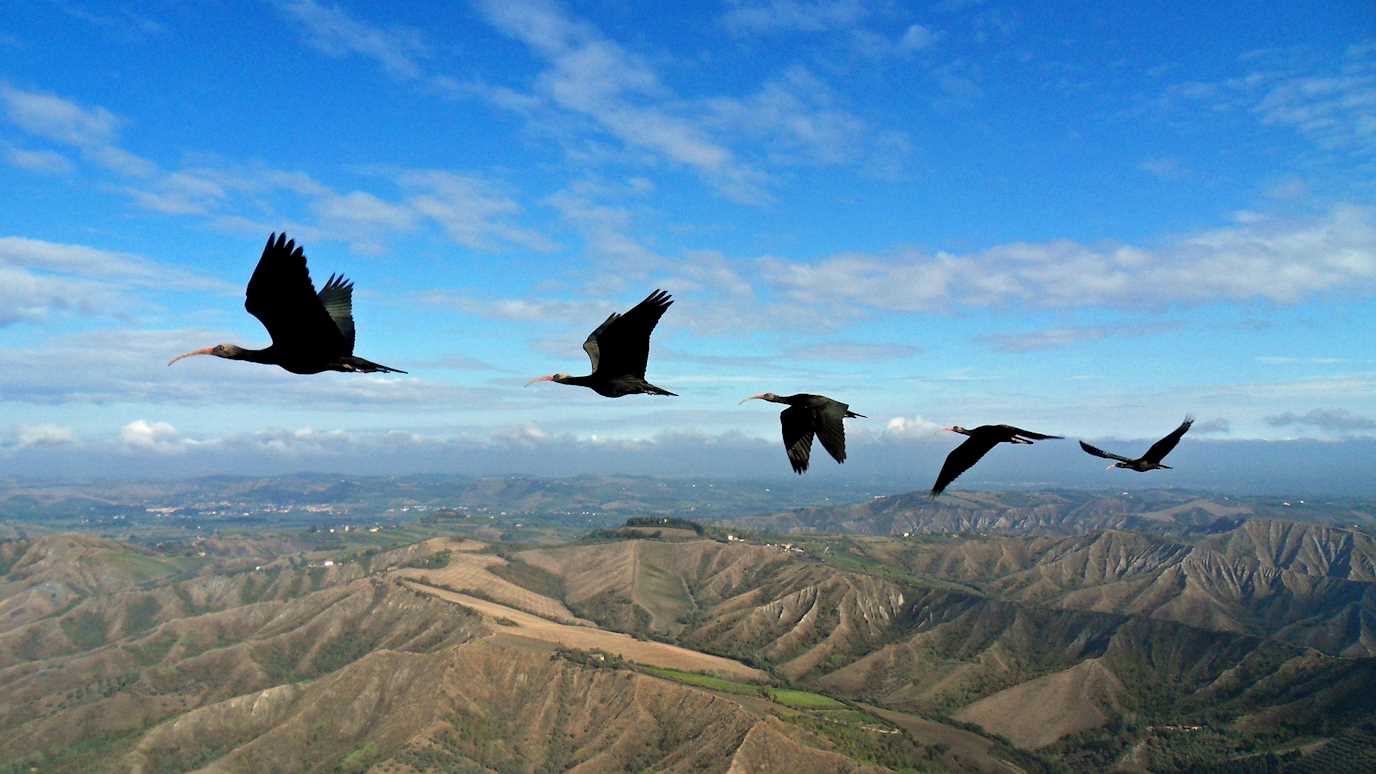Indigenous knowledge contributes to the sustainable management of lands, conserving biodiversity and reducing carbon emissions, yet it is marginalised from decision-making and policy arenas. Research led by Professor Jay Mistry has investigated how participatory video can be a process of engagement and empowerment that brings Indigenous knowledge into environmental management and governance in South America.
Participatory films as powerful media
In Guyana, Indigenous researchers have been trained in participatory video to document and share their communities’ views on how their knowledge and associated livelihood practices, such as farming, fishing and craft making, maintain both culture and biodiversity. As well as maintaining and enhancing Indigenous knowledge, participatory video highlights solutions arising from within communities and communicates its importance to the wider world.
In Venezuela, participatory videos have been fundamental to raise awareness within younger community members and government agencies of how the use of fire by the Indigenous Pemón contributes to both environmental and cultural sustainability. Participatory films have brought ancestral fire knowledge on savanna burning to the forefront of fire management discussion both at a local and national level.
Understanding the importance of Indigenous knowledge
In Guyana, involvement of a range of stakeholders in the research and the development of training courses on participatory video and community owned solutions has informed how projects involving Indigenous people should be approached. This has enabled capacity building in traditional knowledge integration for conservation and development amongst Guyanese government agencies and NGOs, influencing their work practices.
In Venezuela, participatory approaches including scenario analysis and participatory video were used in workshop settings to explore how different knowledge systems can contribute to climate change policy.
Representation of Indigenous knowledge in policymaking processes
Bringing Indigenous knowledge on par with scientific knowledge in policymaking processes means providing safe spaces for dialogue and this was achieved through intercultural workshops and video-mediated dialogue. Fire management workshops, which were attended by participants representing 30 organisations including Indigenous leaders, government agencies and academics, proved critical for breaking down historical tensions and addressing misunderstandings. These workshops have led to a greater awareness and acceptance of Indigenous fire management as a valid, legitimate and useful practice to manage fires, a move away from a policy of ‘zero-fire’ that has contributed to regular large wildfires.
Video-mediated dialogue has been used in Guyana to facilitate constructive conversations and trust between Indigenous communities and protected areas managers. This has led to the development of a new policy, the Traditional Knowledge National Action Plan (TKNAP), which raises awareness nationally of the critical role of Indigenous peoples and their knowledge, and empowers Indigenous communities to document and address matters pertaining to their knowledge.























